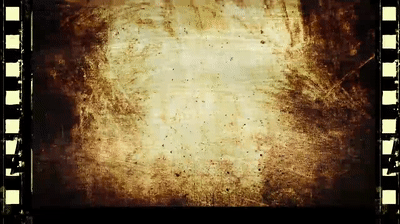
Admin Collective

Antoine Damiens
Secretary-General
Antoine is a researcher specializing in the history and economics of LGBT cinema. He is the author of several books, including “LGBTQ Film Festivals: Curating Queerness” (Amsterdam University Press) and “Rethinking Film Festivals in the Pandemic Era and After” (Palgrave).
He presently directs the Archive/Counter-Archive project, which aims to preserve the audio-visual heritage of marginalized communities in Canada, and teaches the "Homosexuality and Society" course at the University of Quebec in Montreal (UQAM). Outside the academic world, Antoine has worked for a number of festivals; he helped organize the Queer Palm and co-organizes Les Vues Kinky, a queer screening series on alternative sexuality and BDSM.
Antoine completed his PhD in Film and Moving Image Studies at Concordia University in 2018, where he graduated valedictorian for the Faculty of Fine Arts. His research examined the intersection of academic labor, archival theory, the history of queer and feminist theory in film, and research-curation.
His first publication, entitled “LGBTQ Film Festivals: Queering Festival Studies, Curating Queerness,” explores ephemeral LGBT film festivals that have been ignored by scholars, often existing as mere traces within archival collections. In this context, he examines the political project and disciplinary assumptions that structure festival research. Which festivals do we include within our histories? How do festival studies’ methodologies orient us toward particular objects?
In conceptualizing festivals not as mere objects but as active agents through which scholars create knowledge, his analysis paid homage to the labor of Queer organizers, critics, and scholars who are gradually retiring.

Highlighted Projects
-

Rethinking Film Festivals in the Pandemic Era and After
This work aims to document the effects of COVID-19 on film festivals and to theorize film festivals in the age of social distancing.
-
LGBTQ Film Festivals: Curating Queerness
While scholars have theorized major film festivals, they have ignored smaller, ephemeral, events. In taking seriously minor European and North-American LGBTQ festivals which often only exist as traces within archival collections, this book revisits festival studies’ method- ological and theoretical apparatuses.





